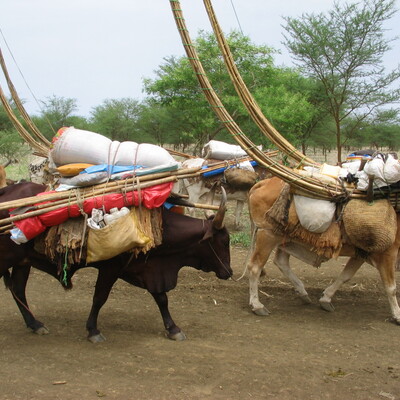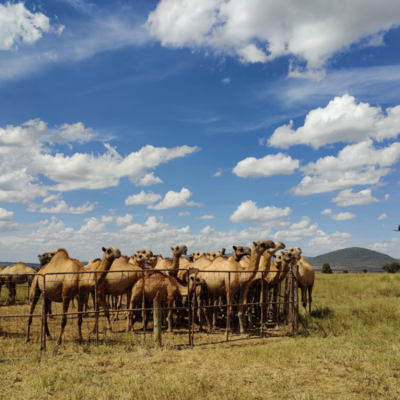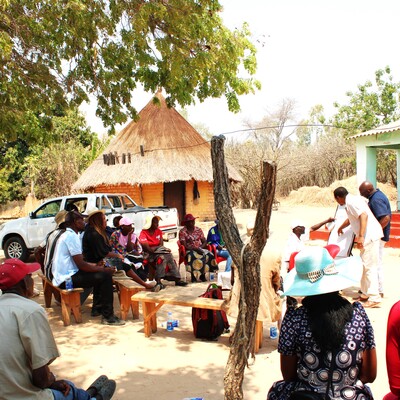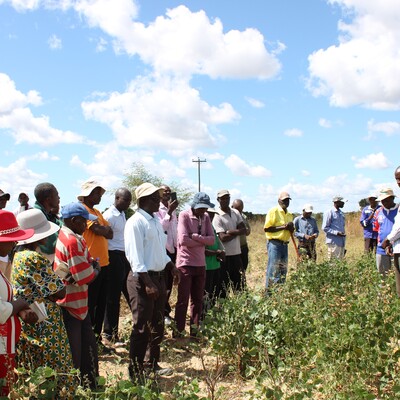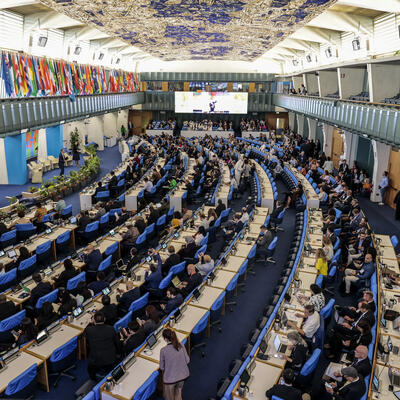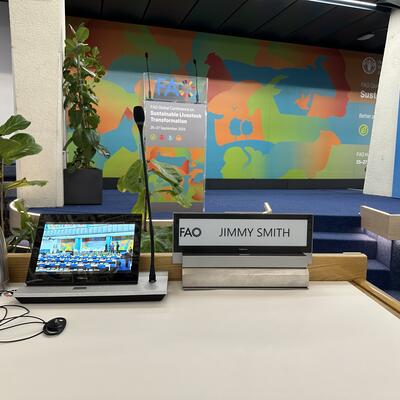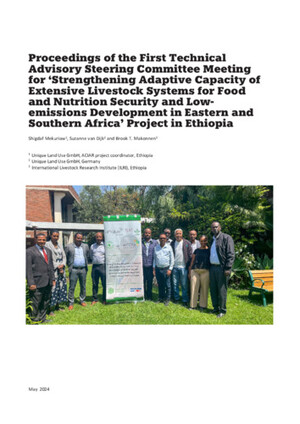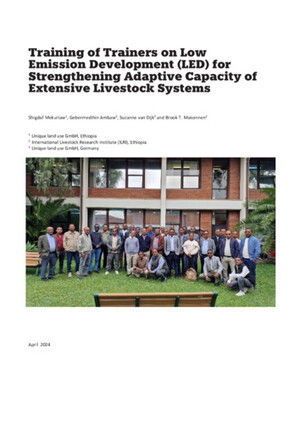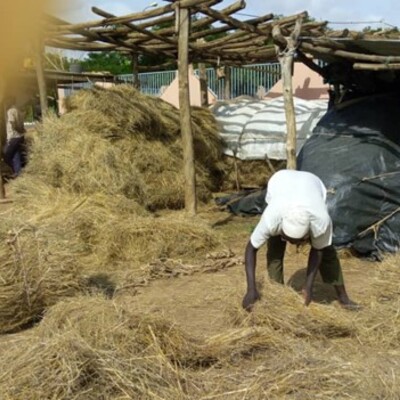
Global Agenda for Sustainable Development puts a focus on drivers of change in the livestock sector
Today, the 13th multi-stakeholder partnership meeting of the Global Agenda for Sustainable Livestock (GASL) kicked off in Chiang Mai, the largest city in northern Thailand.
The week-long meeting has brought together 200 experts, policymakers, and stakeholders from diverse sectors in 35 countries to delve into the critical factors shaping livestock systems and to work towards innovative, sustainable solutions across domains such as food and nutrition security, socio-economics, health, and the environment. With the goal of creating a more sustainable and inclusive world by 2030, the event aims to explore the forces driving transformation and innovation in the livestock sector.

The opening speech by Shirley Tarawali, chair of GASL and assistant director general of the International Livestock Research Institute (ILRI), set the stage for a week of in-depth discussions. She emphasized the interconnected nature of the challenges we face, from ensuring adequate nutrition and supporting livelihoods to animal health management and economic development. ‘The key to a brighter future lies in doing things differently. Let's explore the drivers of change affecting not only livestock but all aspects of life. By harnessing technology and social innovation, we can make a significant impact,’ she said.

H.E. Chaiya Promma, vice minister of Agriculture and Cooperatives in Thailand, looks forward to enhancing collaboration and partnerships among stakeholders through the GASL platform, taking significant steps toward a more sustainable livestock industry. ‘At this meeting, we are hopeful for a deeper understanding of livestock systems and sustainability. Let's identify key priorities for stakeholder practices that benefit all.’
Robert Simpson, senior adviser to the assistant director general of the Food and Agriculture Organization of the United Nations (FAO) for the Asia Pacific region, provided critical insights into the role of the private sector in the GASL initiative. His address focused on the need to create sustainable livestock systems, especially in the Asia Pacific region, which is home to 60% of the world's population. Climate change presents a real threat to farmers and agribusinesses. Consequently, the focus must be on not only boosting production but also reducing zoonotic diseases and strengthening the entire livestock value chain. Simpson underscored the concept of One Health as pivotal in addressing these multifaceted challenges. ‘By bridging the gap between animal, human, and environmental health, we can make significant strides towards a more sustainable livestock industry.’
Throughout the week, the participants will discuss four key aspects: Geopolitical and socio-economic drivers, health and disease drivers, environmental drivers, and innovation and knowledge drivers. They will explore innovative solutions and foster collaboration among stakeholders from various backgrounds.
Established by FAO in 2011, the GASL serves as an important platform for leaders and experts to come together and tackle the pressing issues within the livestock sector. The event's focus is on the drivers of change, as they hold the key to transforming the industry and ensuring a sustainable future.
Visit the website of Chiang Mai University, the co-host of the meeting, for further information at https://www.vet.cmu.ac.th/cmu_gasl/







